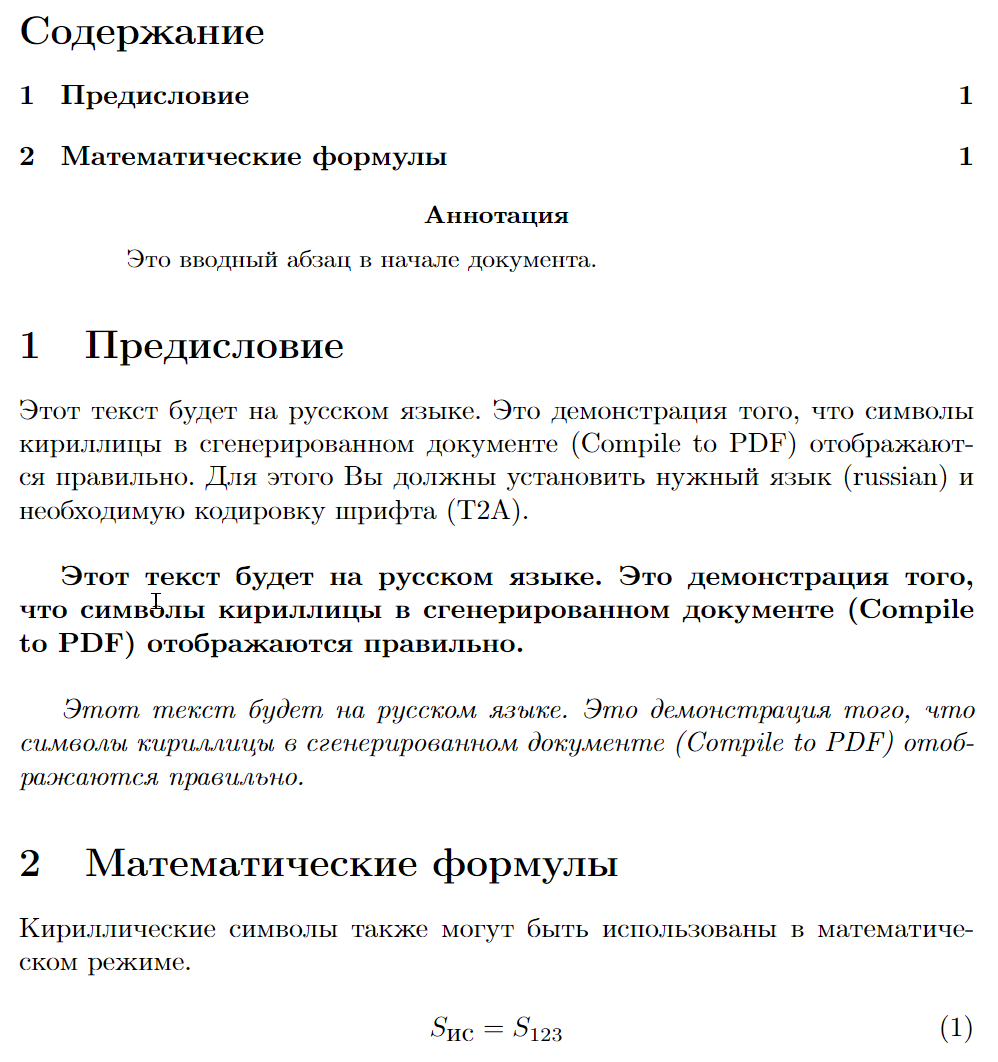Russian soup borscht
Check out these retro videos from Encyclopedia Britannica’s archives. In Demystified, Britannica has all the answers to your burning questions. WTFact Britannica shares some of russian soup borscht most bizarre facts we can find.
In these videos, Britannica explains a variety of topics and answers frequently asked questions. Britannica is the ultimate student resource for key school subjects like history, government, literature, and more. While this global health crisis continues to evolve, it can be useful to look to past pandemics to better understand how to respond today. Britannica celebrates the centennial of the Nineteenth Amendment, highlighting suffragists and history-making politicians.

We’ve created a new place where questions are at the center of learning. Britannica Presents Earth’s To-Do List for the 21st Century. Learn about the major environmental problems facing our planet and what can be done about them! Why is Russian important for astronauts? While every effort has been made to follow citation style rules, there may be some discrepancies. Please refer to the appropriate style manual or other sources if you have any questions. Our editors will review what you’ve submitted and determine whether to revise the article.
The Russian language is the principal state and cultural language of Russia. Russian is the primary language of the majority of people in Russia. The Russian language was shaped by several major influences. Is the Russian language based on Greek? The Russian language itself is not based on Greek, but its alphabet is. Aboard the International Space Station, the operating language is English, so all astronauts have to be fluent or at least proficient in that tongue to perform their procedures. Russian language, Russian Russki yazyk, principal state and cultural language of Russia.
Moscow, having basically the consonant system of the Northern dialect and the vowel system of the Southern dialect. Old Russian is generally applied to the common East Slavic language in use before that time. Old Church Slavonic and—since the 18th-century westernizing policies of Tsar Peter I the Great—by the languages of western Europe, from which it has borrowed many words. Aleksandr Pushkin had a very great influence on the subsequent development of the language. This article was most recently revised and updated by Adam Augustyn. These encoding issues are discussed below.